
Karma & Dharma The Difference AOLRC
The basic idea is that Dharma is something more high-minded, more intentional, compared to Karma, which seems more fated. Dharma is associated with righteousness, and often gets lumped in with Religion. In a larger sense, Dharma is The Law, or more accurately the Laws, that govern human existence. By acknowledging and willfully participating in.

Dharma Karma picture
Stopping the wheel, turning karma into dharma. Karma can be understood and released. The knowledge of how we create karma allows us to realise that we live our limited and separated life increasing our karmic debts as day by day. With every incident and encounter, we keep reacting from our ego.

comolimpiarelkarmayacumulardharma Yoga Mantras, Yoga Meditation
dharma, key concept with multiple meanings in Hinduism, Buddhism, and Jainism.. In Hinduism, dharma is the religious and moral law governing individual conduct and is one of the four ends of life. In addition to the dharma that applies to everyone (sadharana dharma)—consisting of truthfulness, non-injury, and generosity, among other virtues—there is also a specific dharma (svadharma) to be.
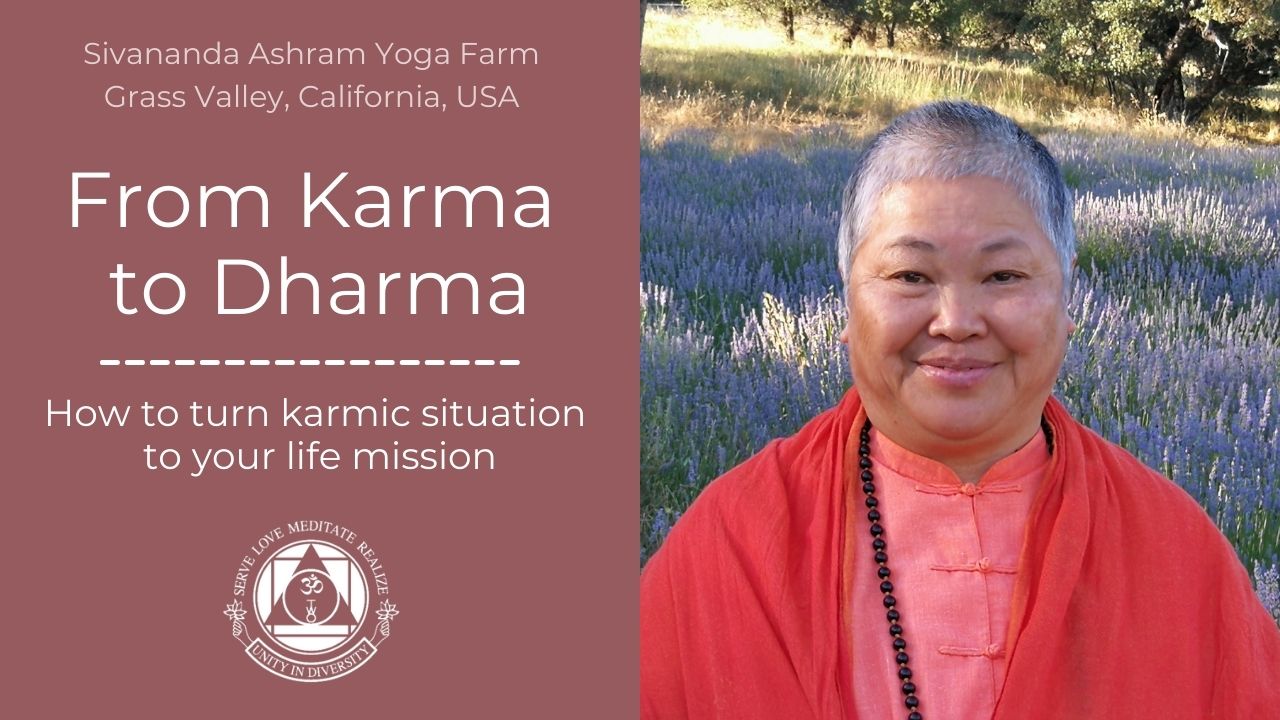
From Karma to Dharma how to turn karmic situation to your life
Dharma. Dharma is an important term in Indian religions. In Hinduism it means 'duty', 'virtue', 'morality', even 'religion' and it refers to the power which upholds the universe and society.
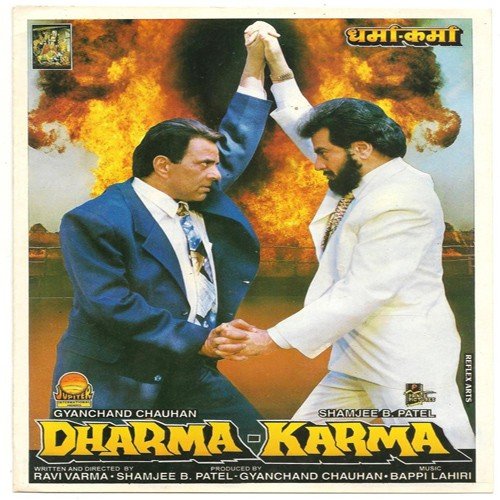
Dharma Karma All Songs Download or Listen Free Online Saavn
Asked 1 year, 11 months ago. Modified 1 year, 10 months ago. Viewed 240 times. 3. Dharma = Doing the right thing. Adharma = Doing the wrong thing. Karma also looks similar. Good Karma = Doing the right thing. Bad Karma = Doing the wrong thing.

Karma dharma reencarnacion
KARMA. Karma is best known as a moral law that says every action produces an equal reaction. In Hinduism, a person who acts in a positive, moral way in one life will experience positive reactions such as happiness when they are reincarnated in a following life. The Yajur Veda, one of Hinduism's holy texts, says this about karma: "According.

Dharma Karma (1997) IMDb
Karma in Buddhism. Karma (Sanskrit, also karman, Pāli: kamma) is a Sanskrit term that literally means "action" or "doing". In the Buddhist tradition, karma refers to action driven by intention ( cetanā) which leads to future consequences. Those intentions are considered to be the determining factor in the kind of rebirth in samsara, the cycle.
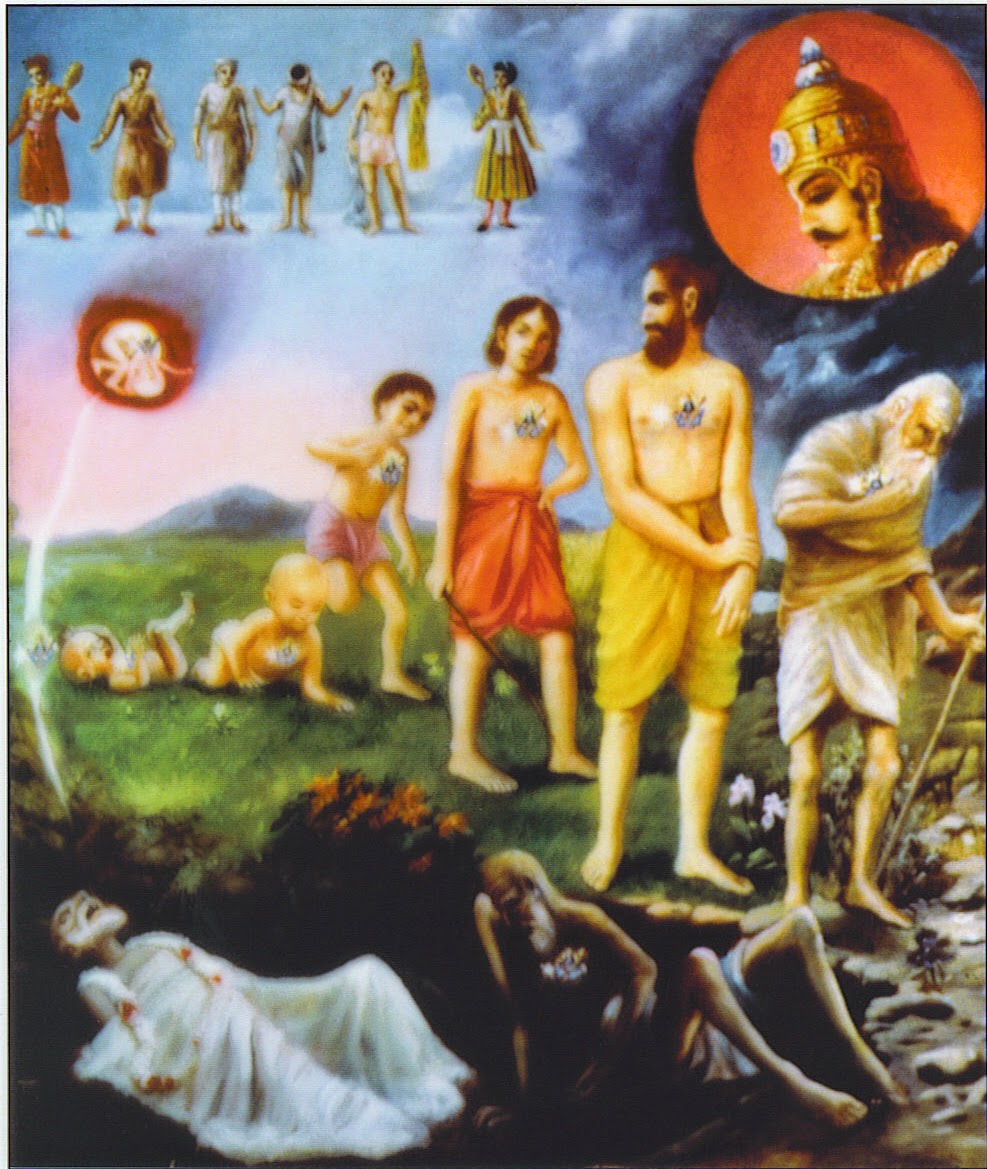
Hinduism Hindu concepts Karma and Samsara
In this Mahabharat series, Sadhguru explores the relationship between dharma and karma. Only by establishing your dharma, he explains, you can perform your karma and create your life in the direction you need to go. Article Jan 22, 2018. Mahabharat All Episodes. Participant: Sadhguru, you said that everyone can have their own life, freedom, and.
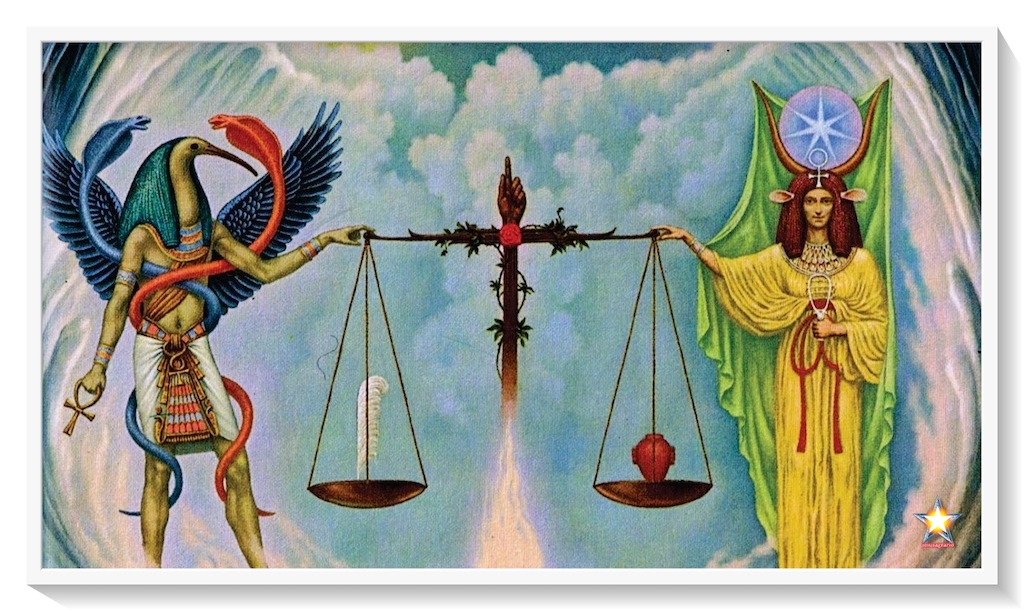
Karma e Dharma
2.Dharma refers to one's lifelong duty whereas karma refers to someone's day to day actions and the negative or positive obligations these actions bring about. 3.Dharma is something one must spend a lifetime achieving whereas karma changes from moment to moment. 4.Your dharma influences the type of karma that you actions will bring about.

Karma Buddhism Does Buddhism Believe in Karma TheMindFool
Karma: Do As You Will. Karma is dharma in ACTION. The direct impact we have on each other through our thoughts, words, and deeds ultimately carves the path we are destined to follow. Causality indicates that one event causes another and that yesterday's decisions create your present circumstance. We often attach "good" and "bad" to karma, such.

Dharma Karma Pictures Rotten Tomatoes
1 Mar 2023. Share. Karma is often used interchangeably with Dharma, but there is a difference between the two. Karma results from our past and present actions and those we will perform, while Dharma is righteousness, a moral code of living. Dharma can also mean religion or belief system.

Karma Dharma SAI/Scuola di Astrologia Immaginale Durga Torino
Karma is the law of cause and effect applied to mental, moral, and physical actions. Ego attaches to and identifies us with objects, feelings, and thoughts. These attachments create a bias toward certain lines of action. Instead of acting, we react. Dharma is the path of life above the wheel of karma, aligned with our soul and destiny, where.

Karma and Dharma Connecting the Divine
Karma (/ ˈ k ɑːr m ə /, from Sanskrit: कर्म, IPA: ⓘ; Pali: kamma) is a concept of action, work, or deed, and its effect or consequences. In Indian religions, the term more specifically refers to a principle of cause and effect, often descriptively called the principle of karma, wherein individuals' intent and actions (cause) influence their future (effect): Good intent and good.

dharma karma calligraphy by rdx558 on deviantART Mandala tattoo
Only today, enjoy all categories up to 90% off your purchase. Hurry & shop mow. Awesome prices & high quality here on Temu. New users enjoy free shipping & free return.
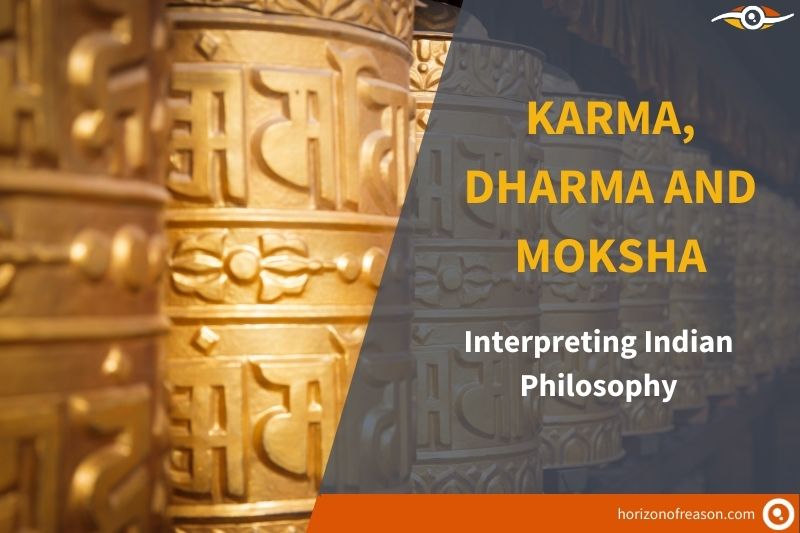
Karma, Dharma and Moksha Interpreting Indian philosophy
The dharma of Buddhism is considered one of the religion's three jewels or Triratna. These are: 1. Sangha: the community of practitioners. 2. Buddha: the enlightened state. 3. Dharma: the law and order of the universe; the universal truth common to all individuals outlined in the teachings of the Buddha.
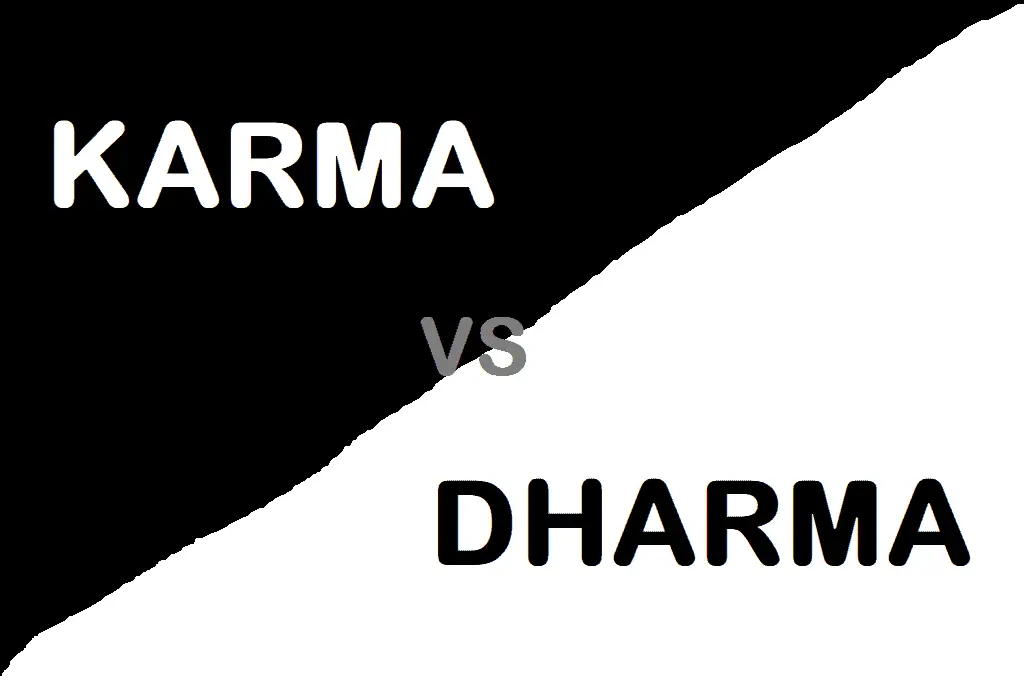
Karma vs Dharma What's The Difference? AstralWonders
Dharma is a Sanskrit word that means law or decree. Karma is the sum of all of a person's actions through all of his lives, past and present. These actions are considered in relation to that person's dharma, and whether or not that person fulfilled the duties dictated by his dharma. Karma determines the next type of life a person lives.